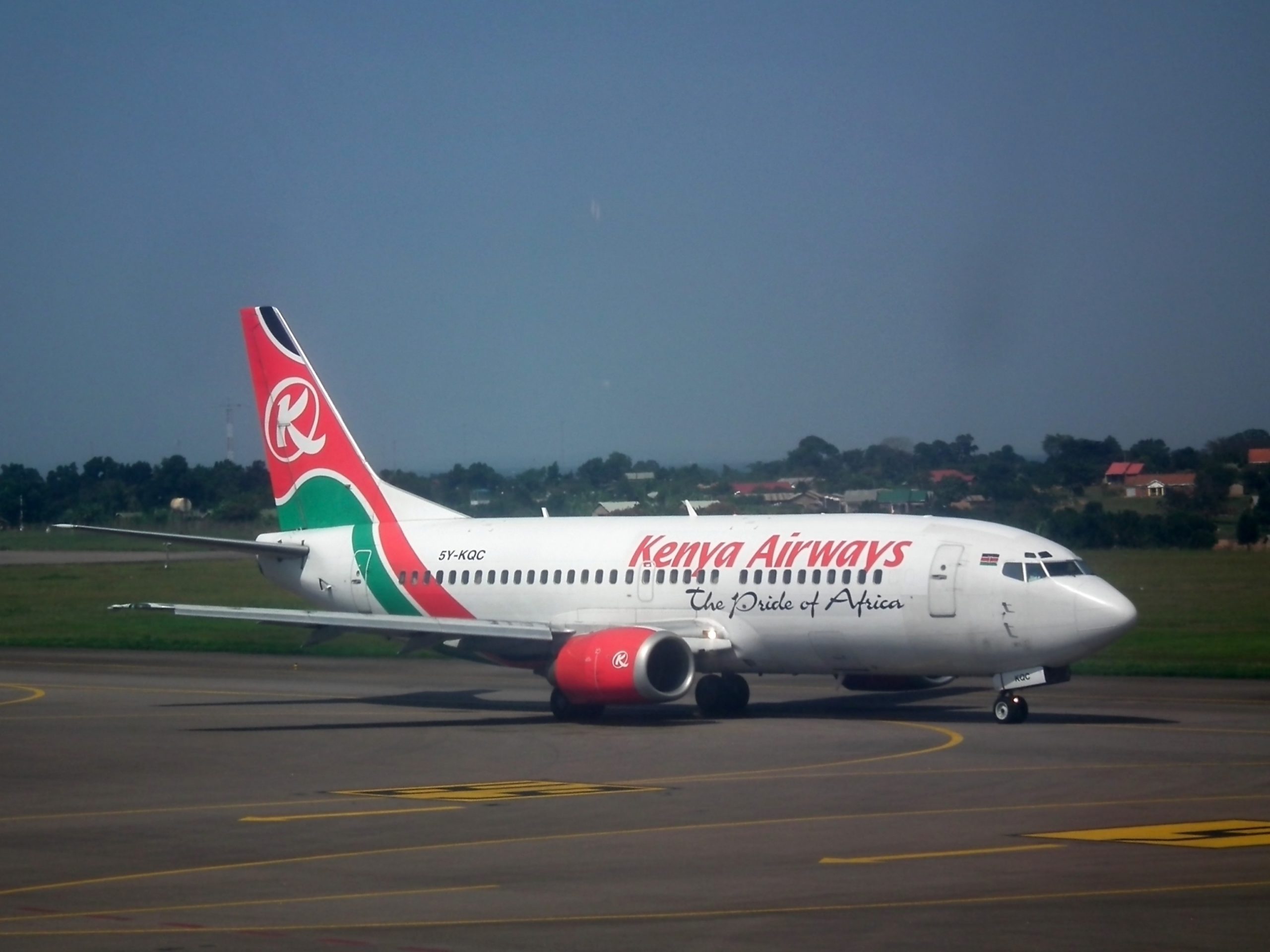Kenya’s national carrier posted a net loss of $132 million, an increase of 67 percent year-on-year, for the six months ended June 2020 on the back of disruptions to domestic and international travel caused by the coronavirus pandemic.
That figure is more than the yearly losses Kenya Airways has been seeing for the last three years – $120 million last year; $70 million in 2018; and $94 million in 2017, which was relatively positive compared to a record net loss of $242 million in 2016.
The loss-making airline saw revenues dip along with dwindling passenger numbers. Total revenue fell by 48 percent to $279 million and passenger revenue by 53 percent to $187 million during the review period while traveler figures dropped by 55.5 percent to 1.1 million (compared to 2.4 million recorded in the same period last year), the company said at the weekend.
“Operations were severely impacted by the Covid-19 crisis resulting in depressed half-year results,” KQ chairman Michael Joseph said, as quoted by The EastAfrican . “The network activity from April to June was minimal due to travel restrictions and lockdowns effectively reducing operations to almost nil in connecting our home market to key cities.”
With major earning streams blocked, Kenya Airways turned to few passenger repatriation charter flights alongside the cargo operations to raise much-needed revenue. It also cut staff numbers and salaries to reduce the pressure on the bottom-line.
The flag carrier resumed domestic and international commercial operations in July and August respectively, with flights to 11 countries for now . Destinations include Uganda, Rwanda, Zimbabwe, Ethiopia, Morocco, and Namibia from Africa as well as Canada, Switzerland, Japan, China, and South Korea outside the continent.
But the outlook on the rest of the year for KQ is still very much depressed, according to Joseph, primarily due to low demand for air travel as the number of coronavirus infections rise globally. “The 2020 results will be significantly negatively impacted because of the projected suppressed air travel demand. We project the demand to remain at less than 50 percent of 2019 for the rest of the year.”
The focus is now on cash preservation to help tide over the impact of the pandemic, which has seen global airlines run into huge losses, the airline’s chief said. KQ has received moratorium on loans, deferred lease rentals and payment plans with suppliers, and also partially push back staff salaries.
